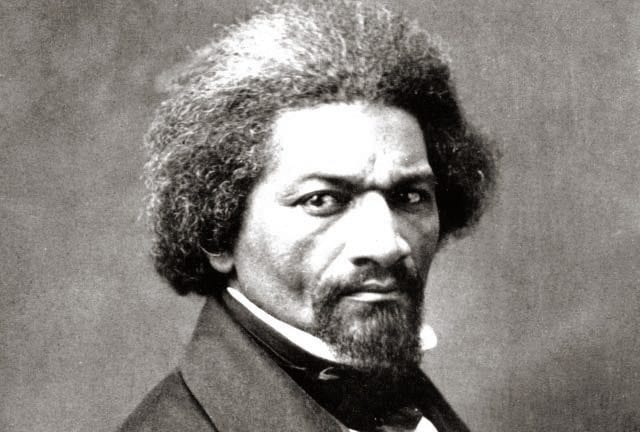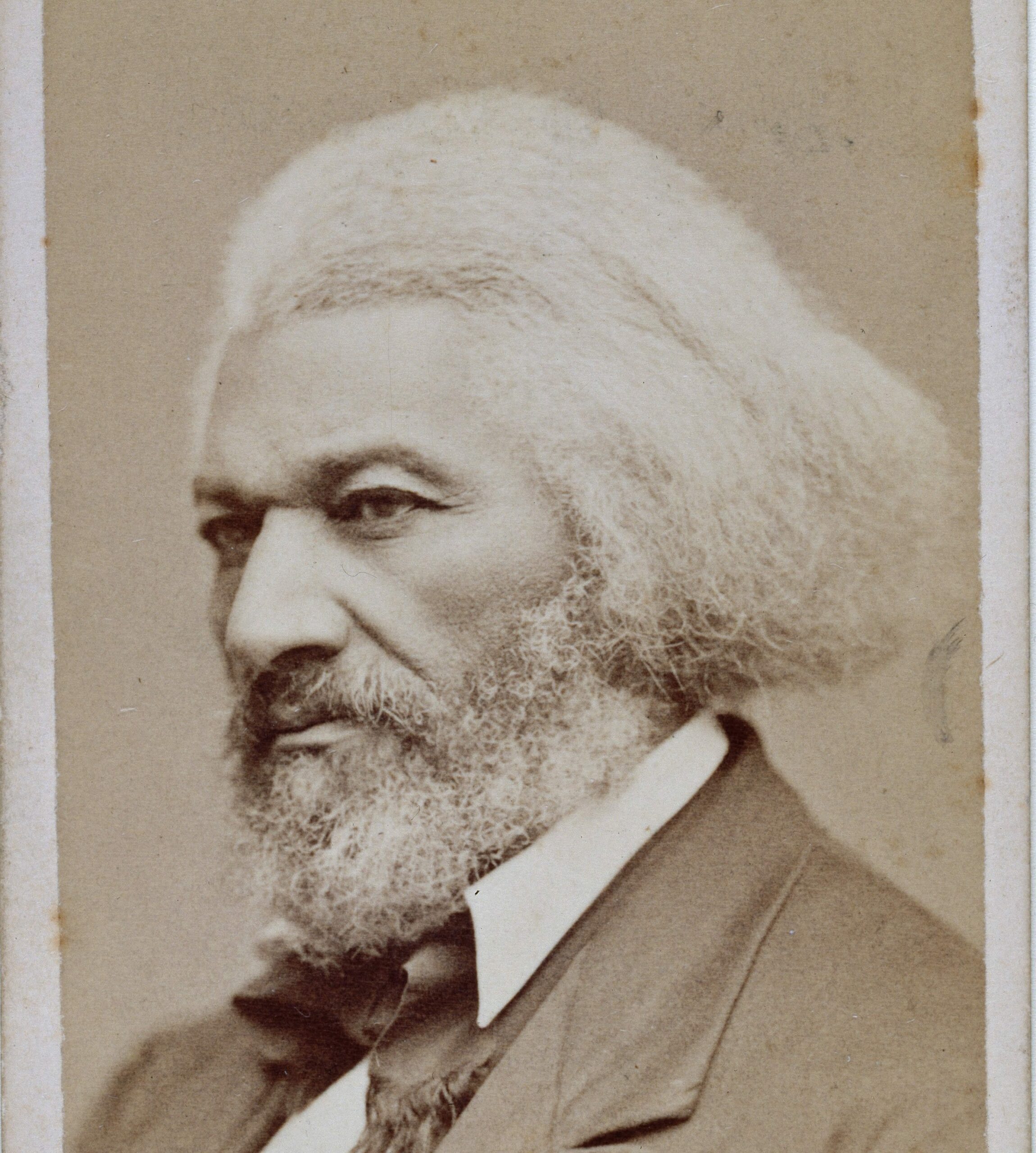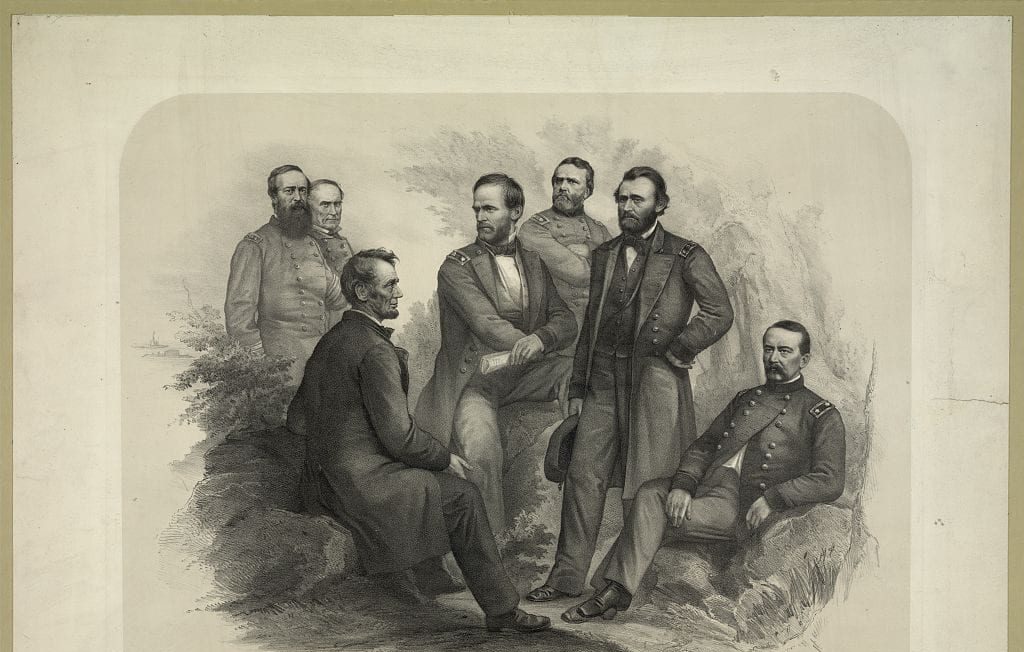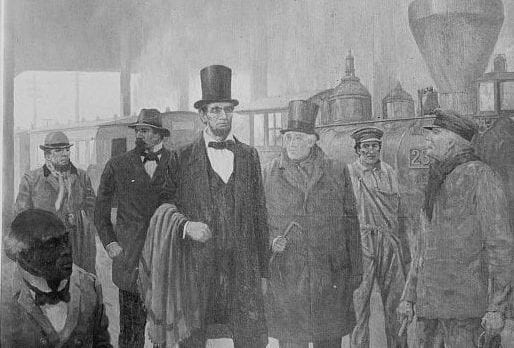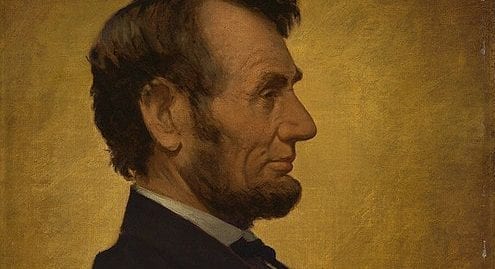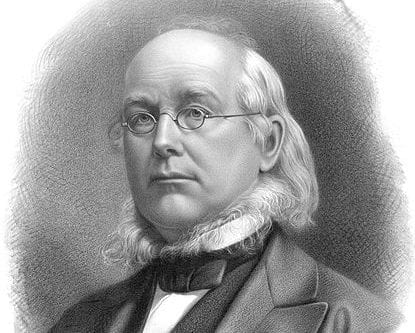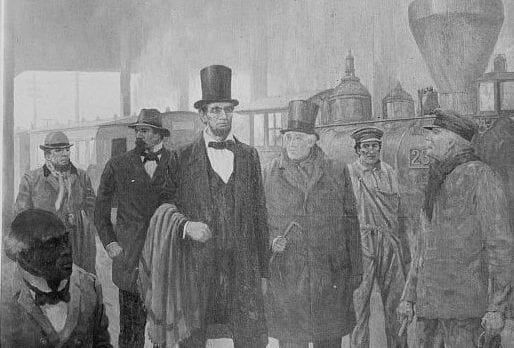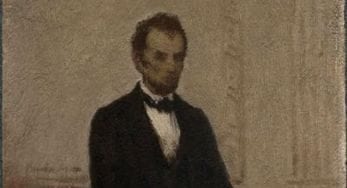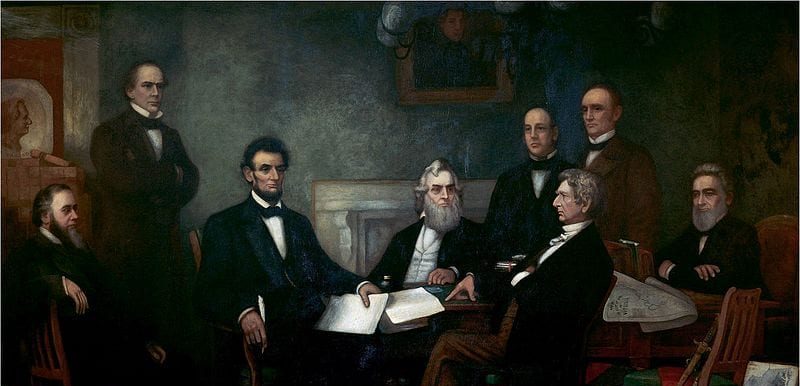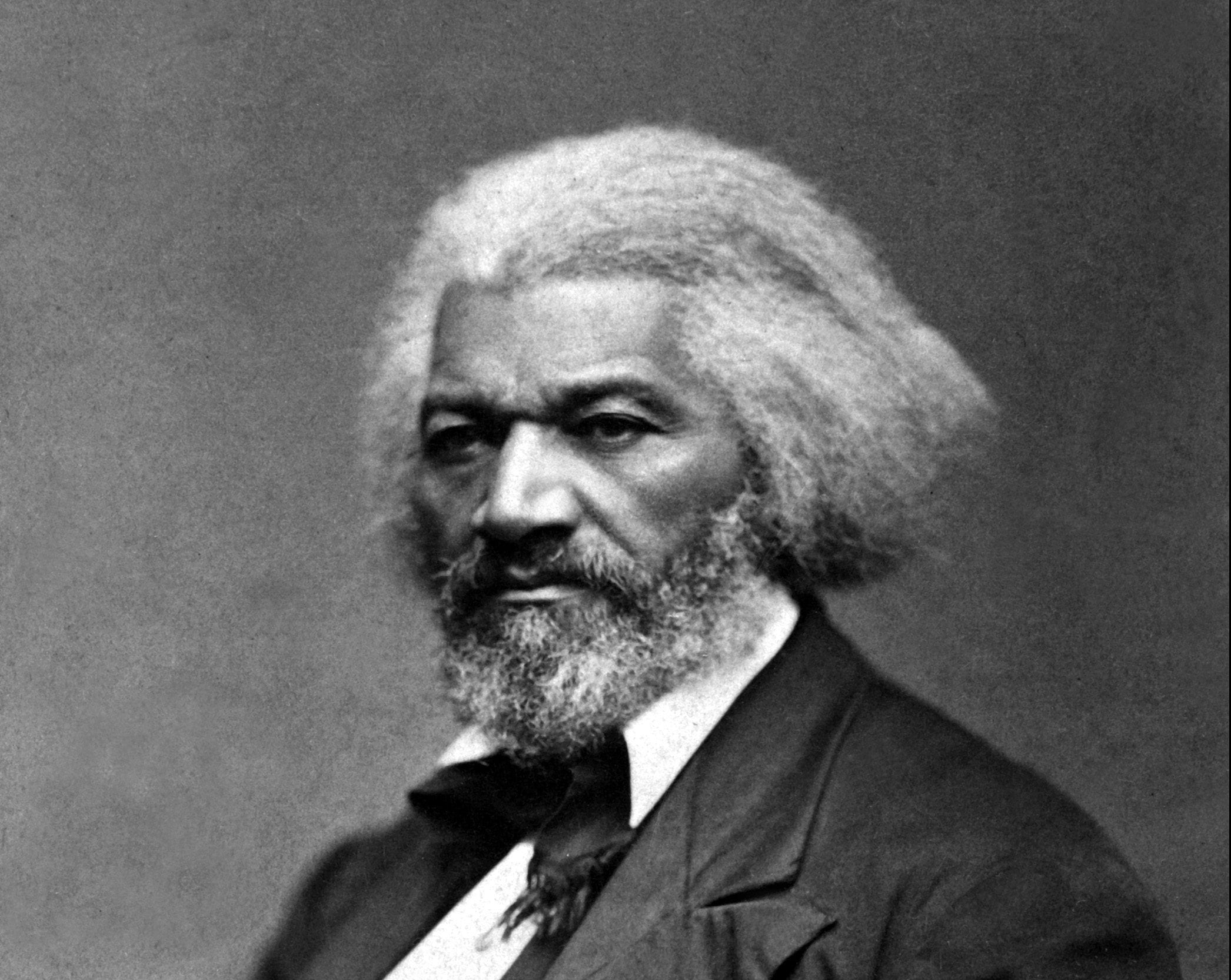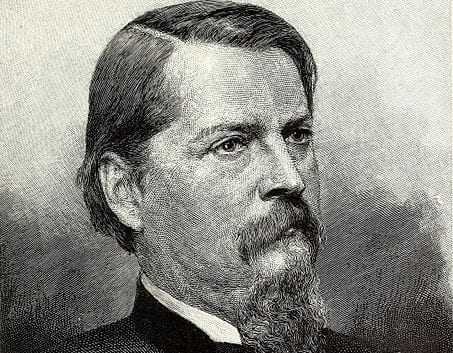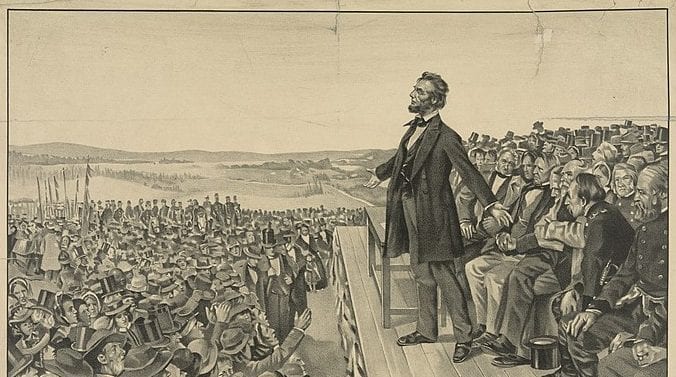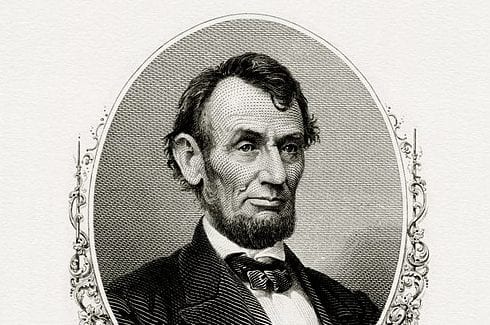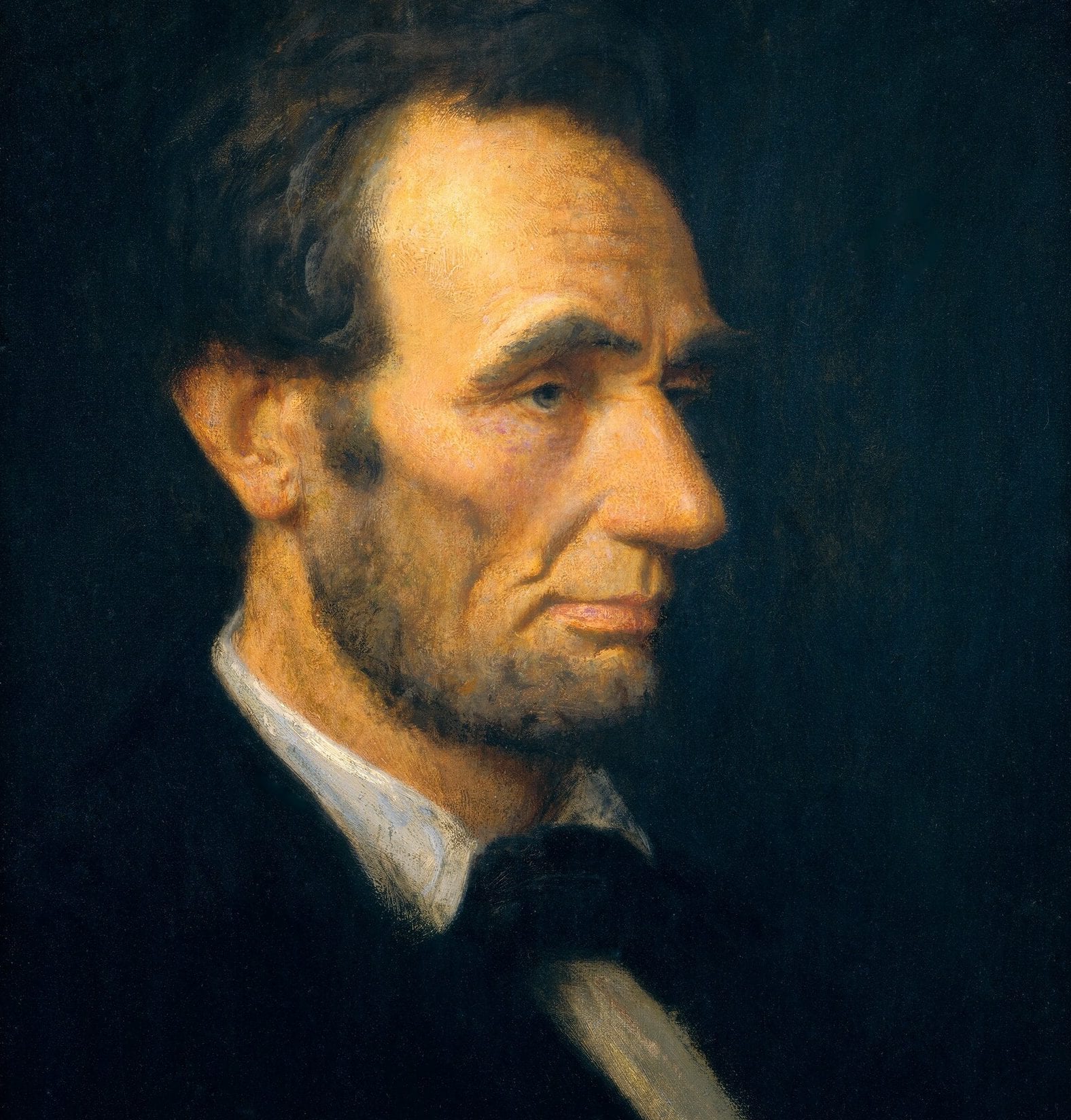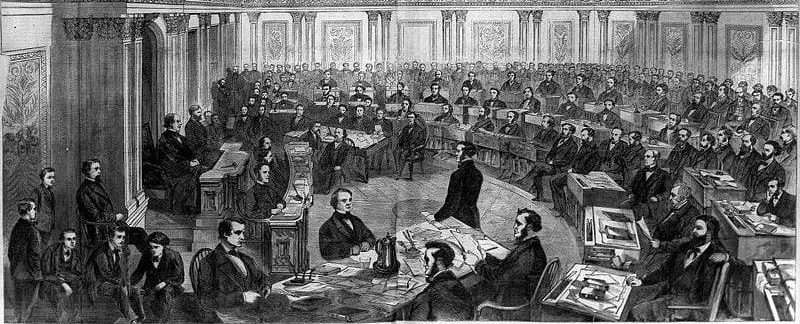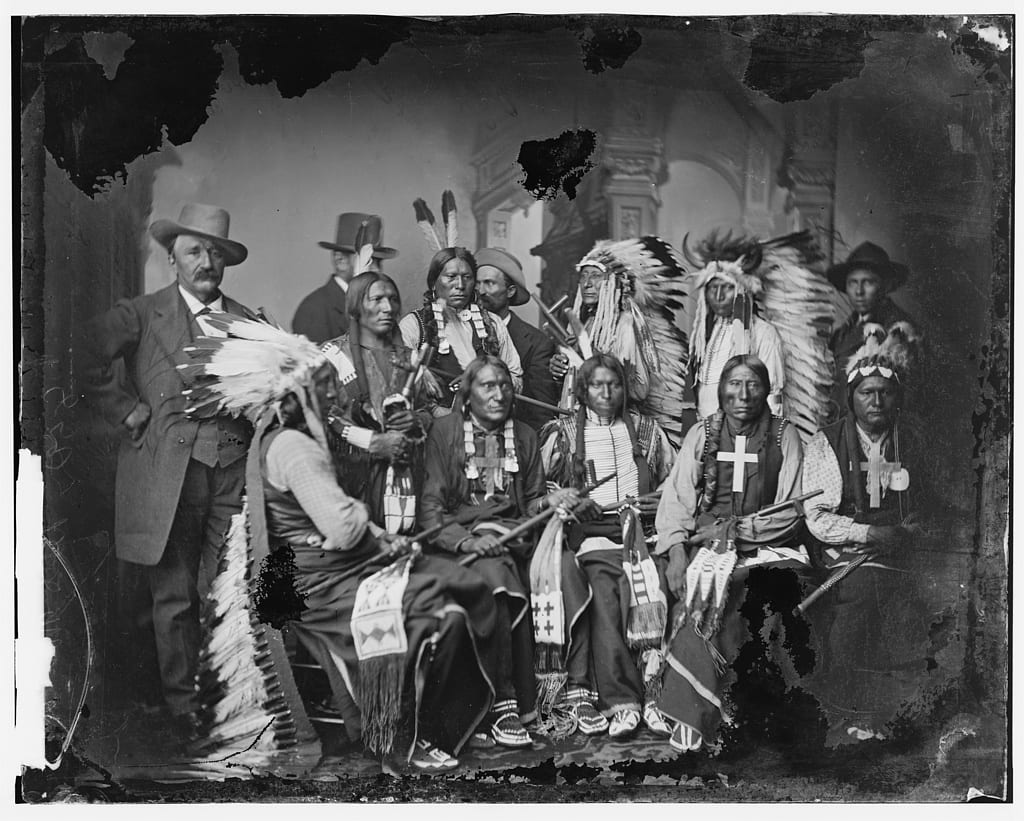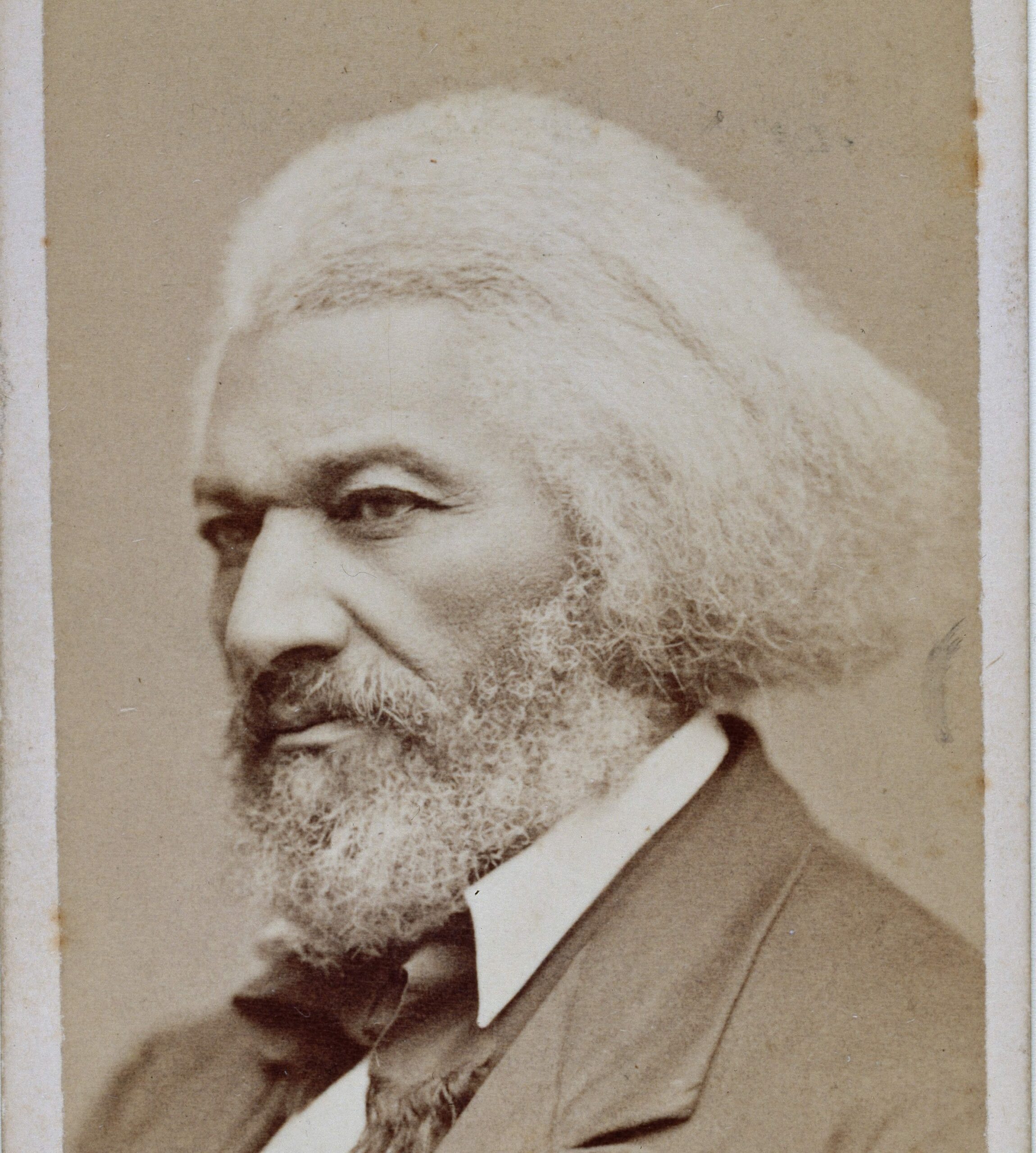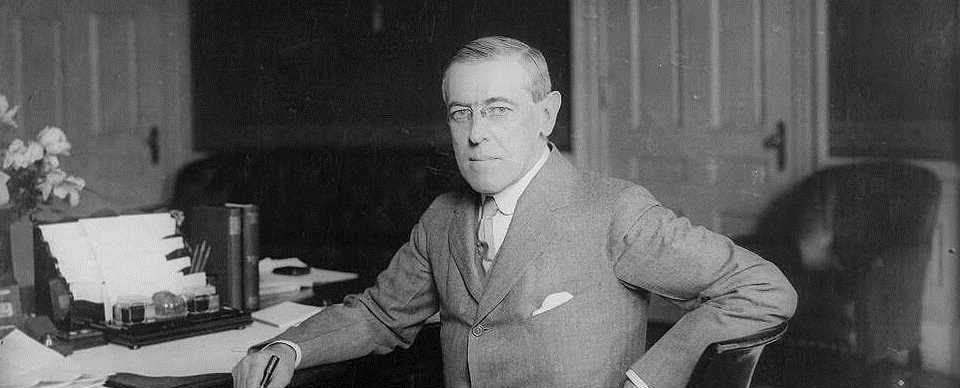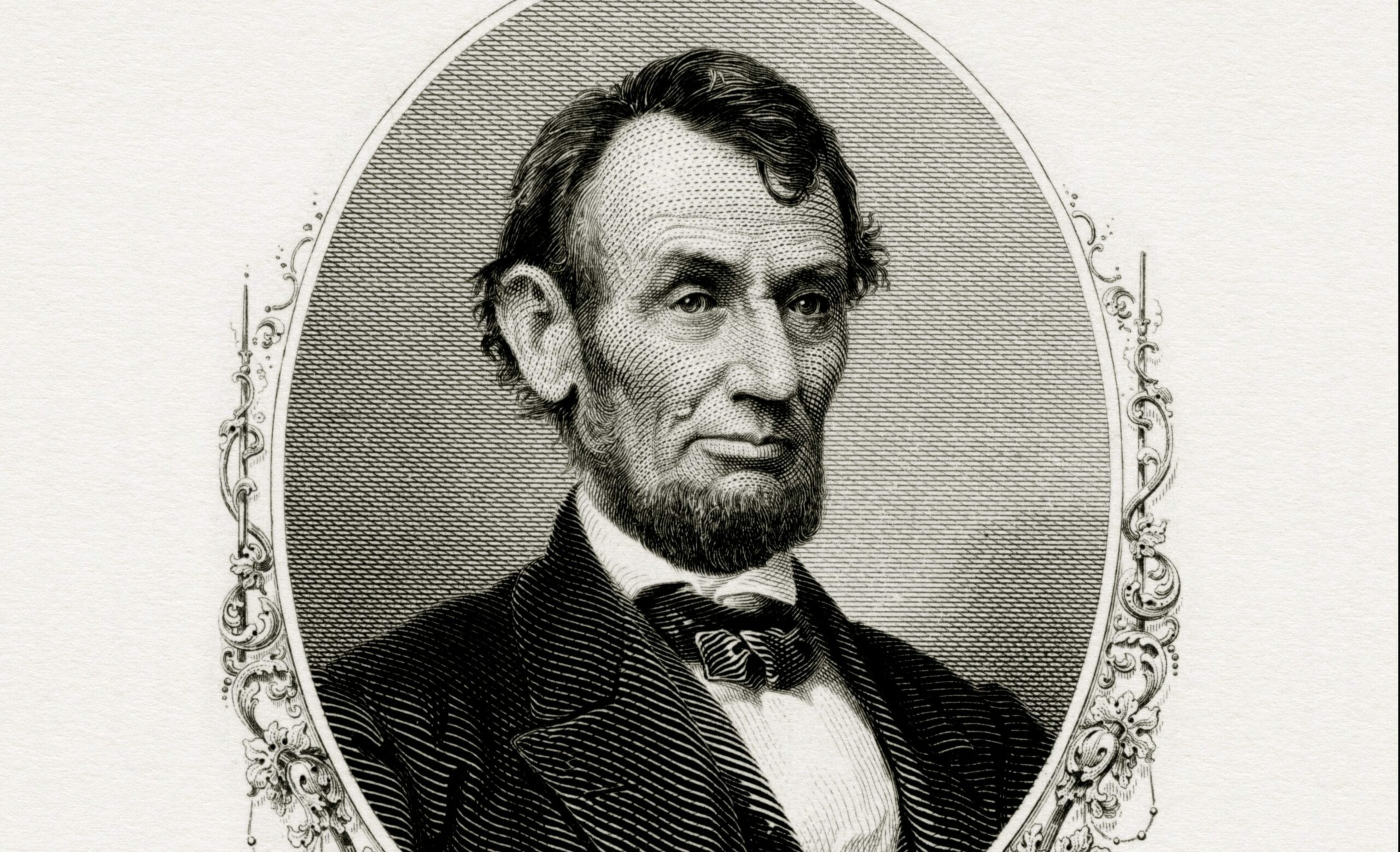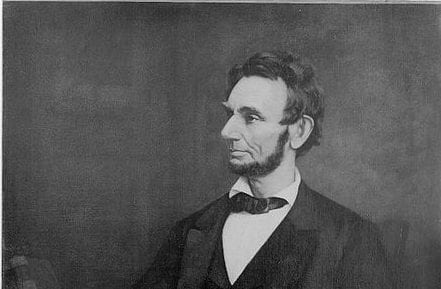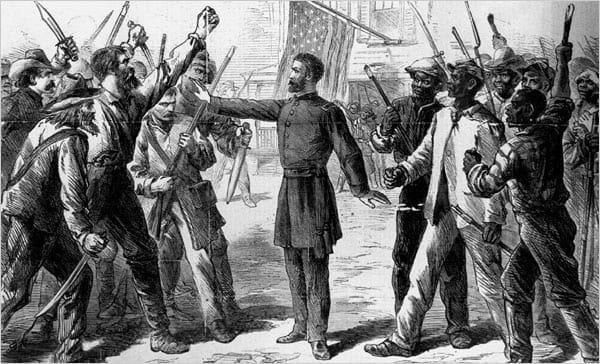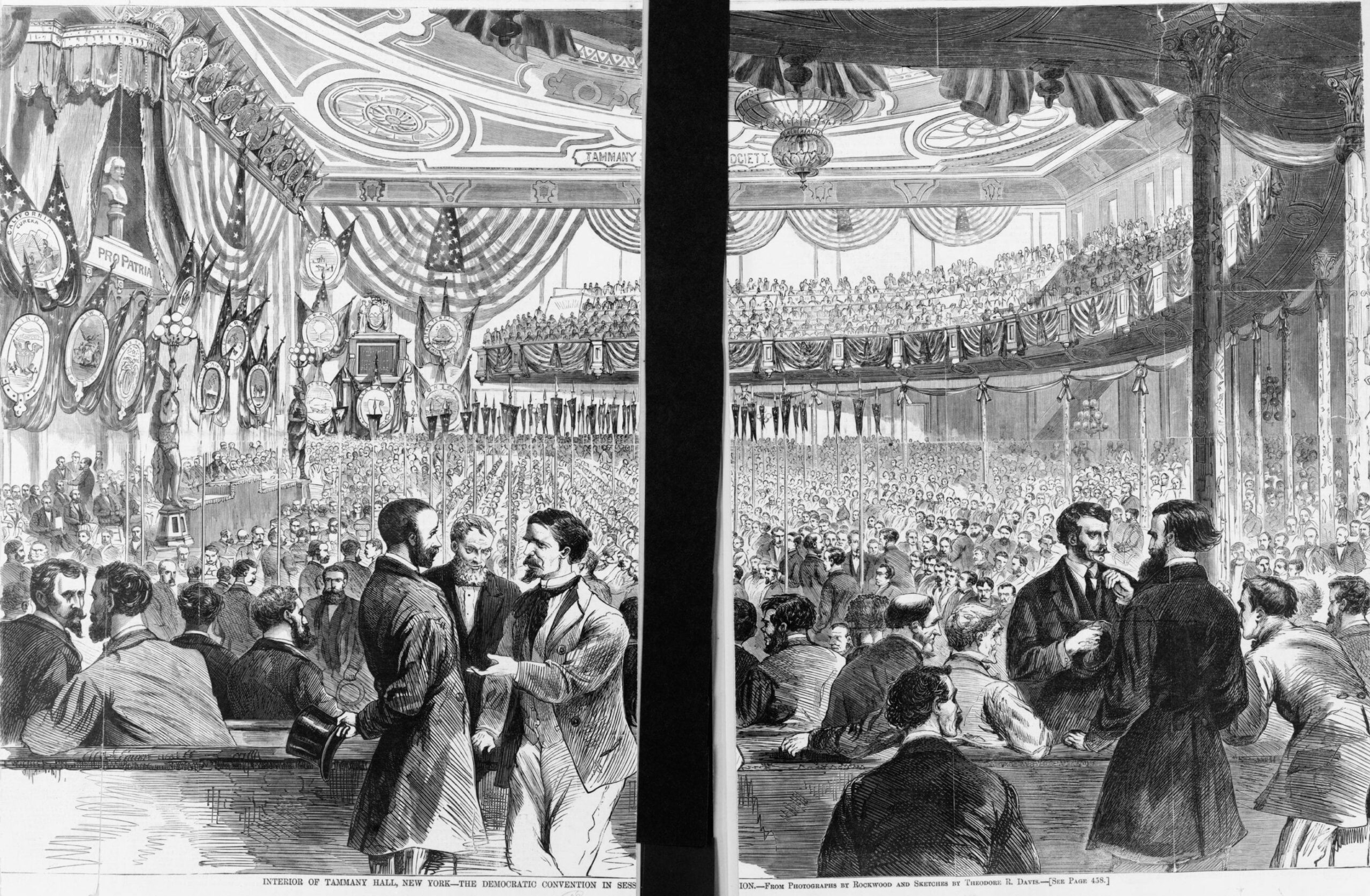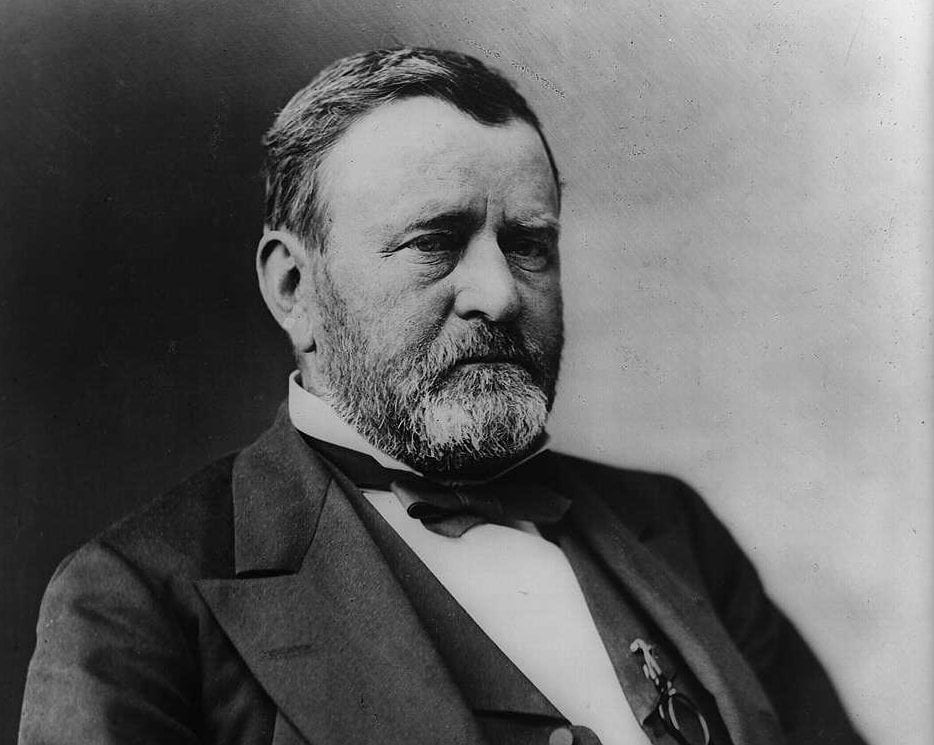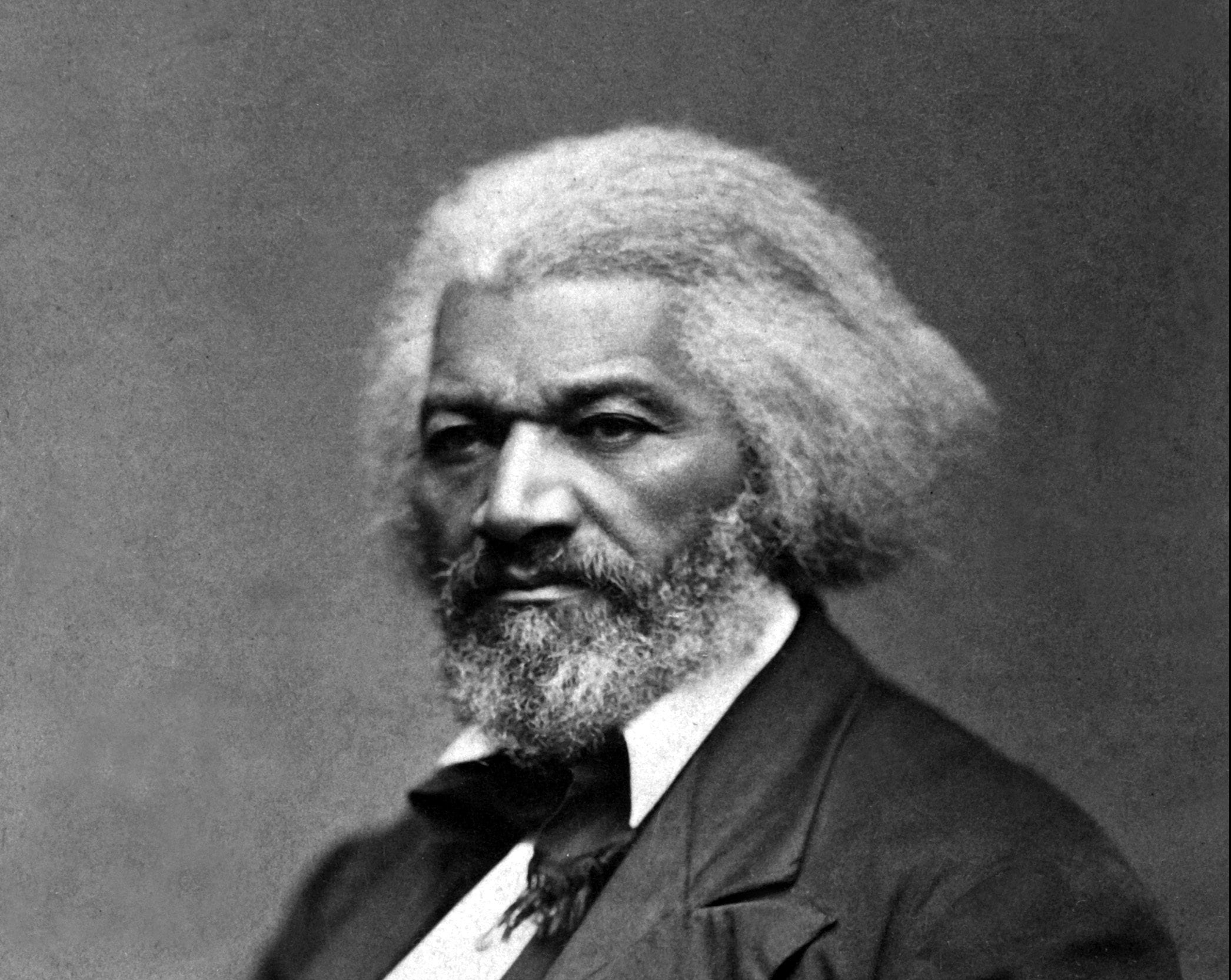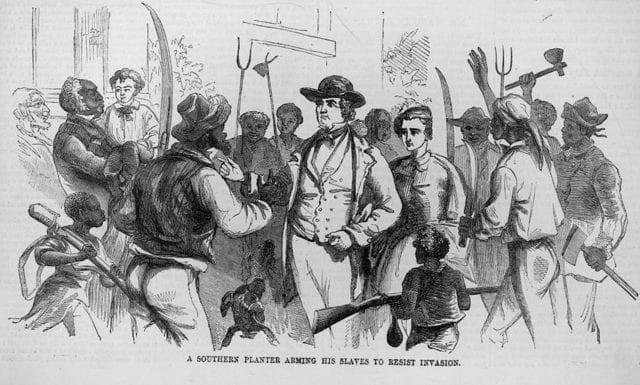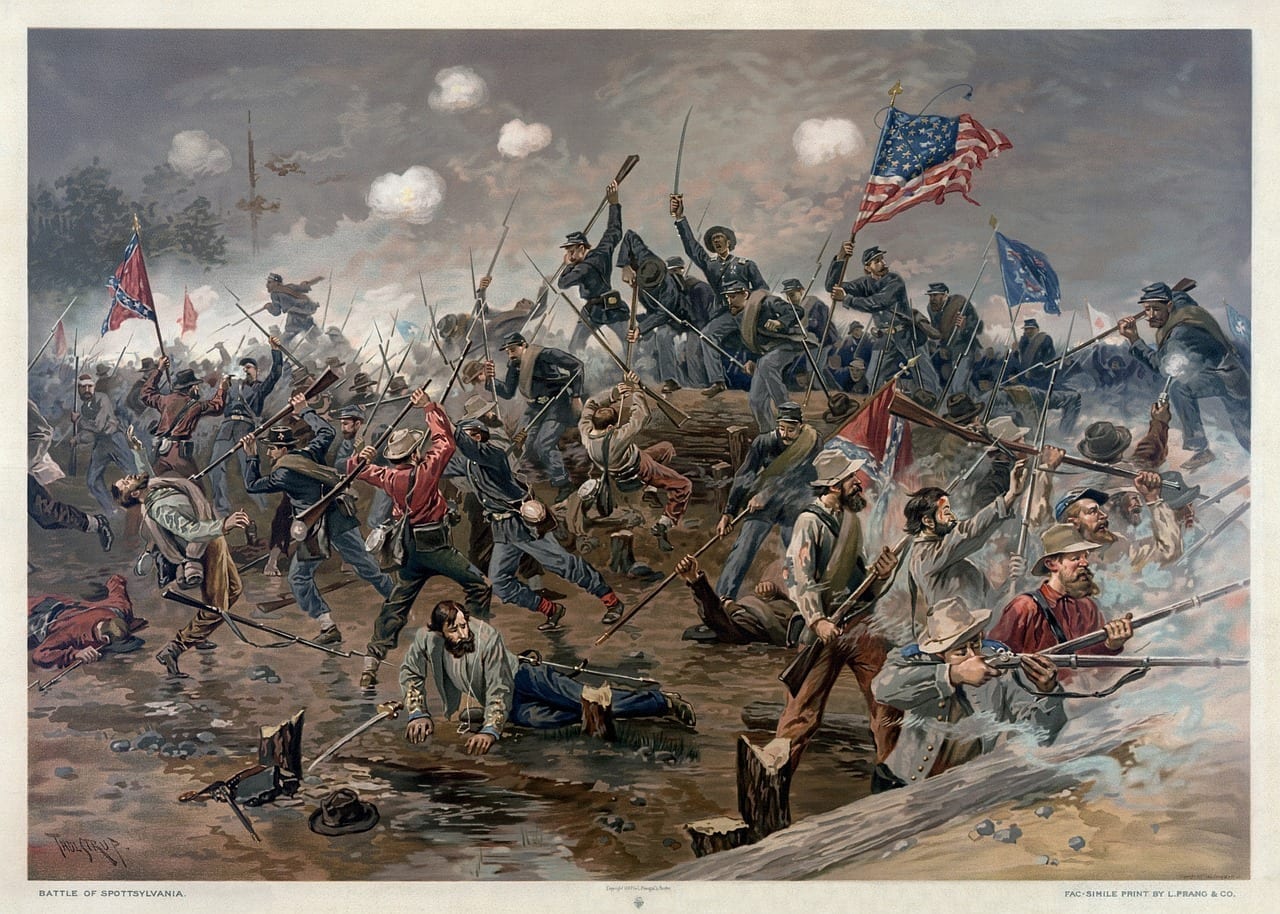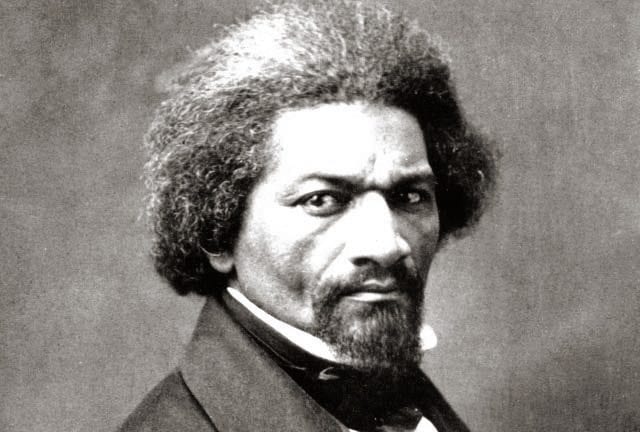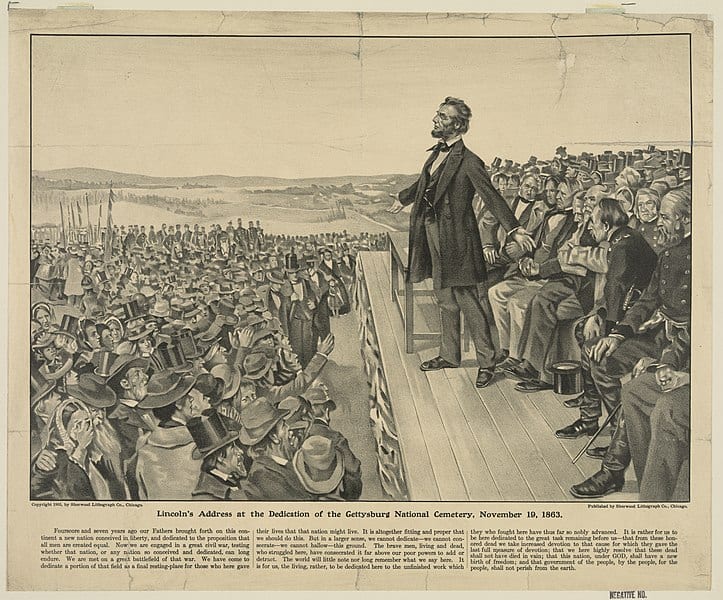
No study questions
No related resources
A joint resolution (S. No.50) proposing certain amendments to the Constitution of the United States.
Whereas serious and alarming dissensions have arisen between the northern and southern States, concerning the rights and security of the rights of the slaveholding States, and especially their rights in the common territory of the United States; and whereas it is eminently desirable and proper that these dissensions, which now threaten the very existence of this Union, should be permanently quieted and settled by constitutional provisions, which shall do equal justice to all sections, and thereby restore to the people that peace and good-will which ought to prevail between all the citizens of the United States: Therefore,
Resolved by the Senate and House of Representatives of the United States of America in Congress assembled, (two thirds of both Houses concurring,) That the following articles be, and are hereby, proposed and submitted as amendments to the Constitution of the United States, which shall be valid to all intents and purposes, as part of said Constitution, when ratified by conventions of three fourths of the several States:
Article 1. In all the territory of the United States now held, or hereafter acquired, situate north of 36 degrees 30 min, slavery or involuntary servitude, except as a punishment for crime, is prohibited while such territory shall remain under territorial government. In all the territory south of said line of latitude, slavery of the African race is hereby recognized as existing, and shall not be interfered with by Congress, but shall be protected as property by all the departments of the territorial government during its continuance. And when any territory, north or south of said line, within such boundaries as Congress may prescribe, shall contain the population requisite for a member of Congress according to the then Federal ratio of representation of the people of the United States, it shall, if its form of government be republican, be admitted into the Union, on an equal footing with the original States, with or without slavery, as the constitution of such new State may provide.
Art. 2.Congress shall have no power to abolish slavery in places under its exclusive jurisdiction, and situate within the limits of States that permit the holding of slaves.
Art. 3.Congress shall have no power to abolish slavery within the District of Columbia, so long as it exists in the adjoining States of Virginia and Maryland, or either, nor without the consent of the inhabitants, nor without just compensation first made to such owners of slaves as do not consent to such abolishment. Nor shall Congress at any time prohibit officers of the Federal Government, or members of Congress, whose duties require them to be in said District, from bringing with them their slaves, and holding them as such during the time their duties may require them to remain there, and afterwards taking them from the District.
Art. 4. Congress shall have no power to prohibit or hinder the transportation of slaves from one State to another, or to a Territory, in which slaves are by law permitted to be held, whether that transportation be by land, navigable rivers, or by the sea.
Art. 5. That in addition to the provisions of the third paragraph of the second section of the fourth article of the Constitution of the United States, Congress shall have power to provide by law, and it shall be its duty so to provide, that the United States shall pay to the owner who shall apply for it, the full value of his fugitive slave in all cases when the marshall or other officer whose duty it was to arrest said fugitive was prevented from so doing by violence or intimidation, or when, after arrest, said fugitive was rescued by force, and the owner thereby prevented and obstructed in the pursuit of his remedy for the recovery of his fugitive slave under the said clause of the Constitution and the laws made in pursuance thereof. And in all such cases, when the United States shall pay for such fugitive, they shall have the right, in their own name, to sue the county in which said violence, intimidation, or rescue was committed, and to recover from it, with interest and damages, the amount paid by them for said fugitive slave. And the said county, after it has paid said amount to the United States, may, for its indemnity, sue and recover from the wrong doers or rescuers by whom the owner was prevented from the recovery of his fugitive slave, in like manner as the owner himself might have sued and recovered.
Art. 6. No future amendment of the Constitution shall affect the five preceding articles; nor the third paragraph of the second section of the first article of the Constitution; nor the third paragraph of the second section of the fourth article of said Constitution; and no amendment shall be made to the Constitution which shall authorize or give to Congress any power to abolish or interfere with slavery in any of the States by whose laws it is, or may be, allowed or permitted.
And whereas, also, besides those causes of dissension embraced in the foregoing amendments proposed to the Constitution of the United States, there are others which come within the jurisdiction of Congress, and may be remedied by its legislative power; and whereas it is the desire of Congress, as far as its power will extend, to remove all just cause for the popular discontent and agitation which now disturb the peace of the country, and threaten the stability of its institutions: Therefore,
1. In Congress assembled, That the laws now in force for the recovery of fugitive slaves are in strict pursuance of the plain and mandatory provisions of the Constitution, and have been sanctioned as valid and constitutional by the judgement of the Supreme Court of the United States; that the slaveholding States are entitled to the faithful observance and execution of those laws, and that they ought not to be repealed, or so modified or changed as to impair their efficiency; and that laws ought to be made for the punishment of those who attempt by rescue of the slave, or other illegal means, to hinder or defeat the due execution of said laws.
2. That all State laws which conflict with the fugitive slave acts of Congress, or any other constitutional acts of Congress, or which, in their operation, impede, hinder, or delay the free course and due execution of any of said acts, are null and void by the plain provisions of the Constitution of the United States; yet those State laws, void as they are, have given color to practices, and led to consequences, which have obstructed the due administration and execution of acts of Congress, and especially the acts for the delivery of fugitive slaves, and have thereby contributed much to the discord and commotion now prevailing. Congress, therefore, in the present perilous juncture, does not deem it improper, respectfully and earnestly to recommend the repeal of those laws to the several States which have enacted them, or such legislative corrections or explanations of them as may prevent their being used or perverted to such mischievous purposes.
3. That the act of the 18th of September, 1850, commonly called the fugitive slave law, ought to be so amended as to make the fee of the commissioner, mentioned in the eighth section of the act, equal in amount in the cases decided by him, whether his decision be in favor of or against the claimant. And to avoid misconstruction, the last clause of the fifth section of said act, which authorizes the person holding a warrant for the arrest or detention of a fugitive slave, to summon to his aid the posse comitatus, and which declares it to be the duty of all good citizens to assist him in its execution, ought to be so amended as to expressly limit the authority and duty to cases in which there shall be resistance or danger of resistance or rescue.
4. That the laws for the suppression of the African slave trade, and especially those prohibiting the importation of slaves in the United States, ought to be made effectual, and ought to be thoroughly executed; and all further enactments necessary to those ends ought to be promptly made.

Conversation-based seminars for collegial PD, one-day and multi-day seminars, graduate credit seminars (MA degree), online and in-person.


